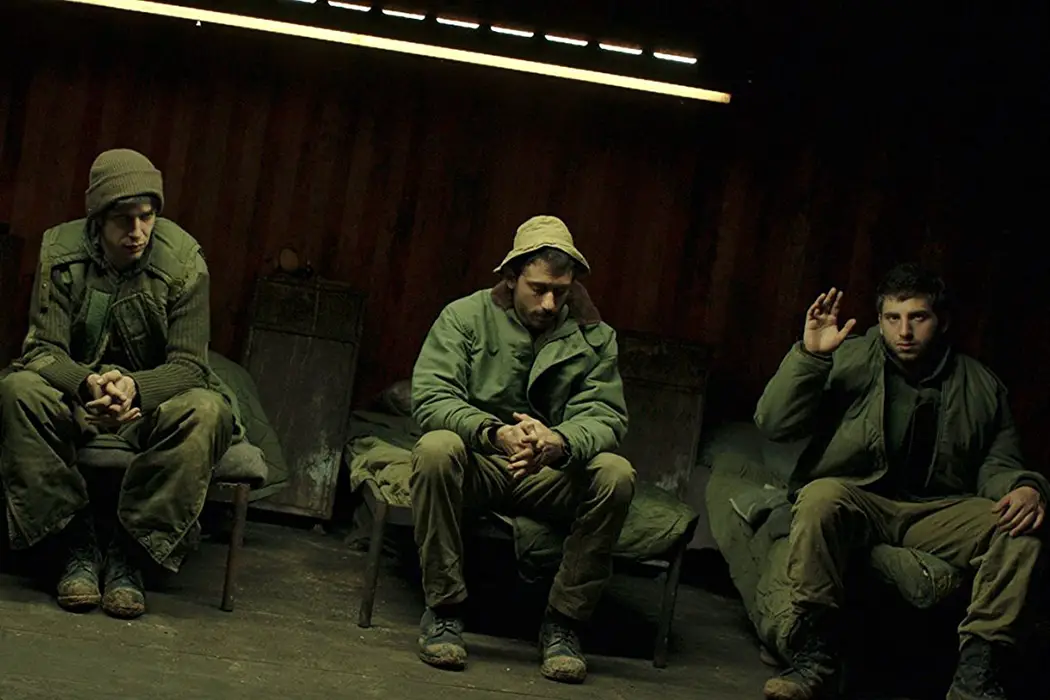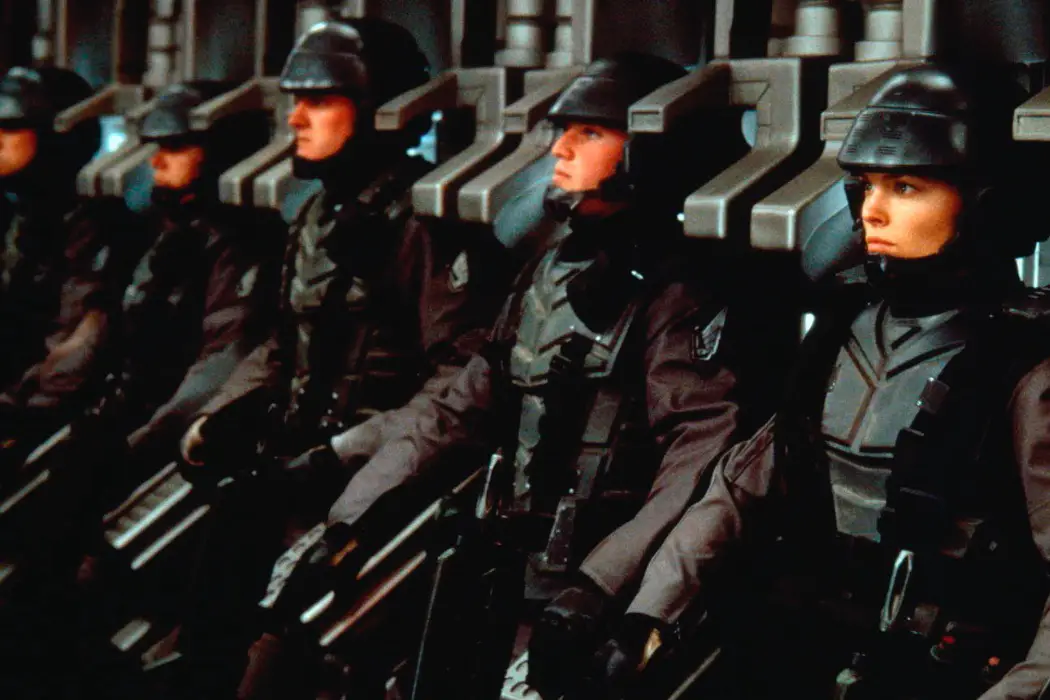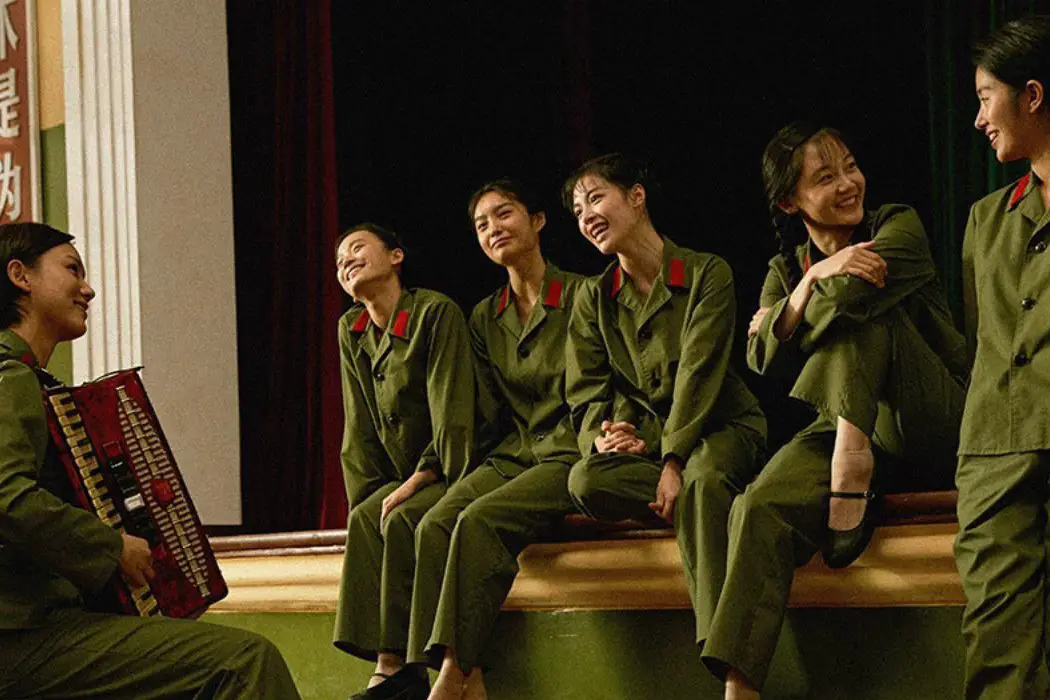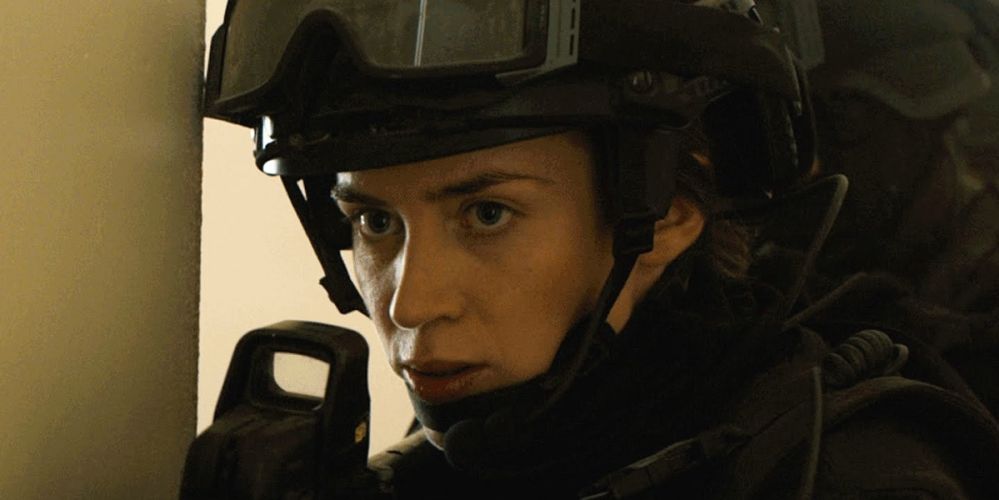military

In part one of ‘Gender at War’, we looked at several films which have changed the perception of women in war. Traditionally, women have been pushed to the side – presented as Madonnas (wives, mothers or whores) with no space for them in the gritty action. The increased presence of women as soldiers in war films (instead of passive grieving objects) has forced other questions about the act of war to arise.

When a writer/director makes a film set in a country foreign to them, it is clear to local audiences that this is an outsider’s view of their nation and their culture. There’s a reason Lost in Translation is derided in Japan and Match Point is met with sheer indifference in the UK. It becomes alienating to see your country through the eyes of somebody who hasn’t spent the majority of their life there, especially when the film is a work of social realism made by somebody with merely a second-hand knowledge of the realities of life there.

Mad Max: Fury Road, the latest from Australian director George Miller, is overtly, and perhaps primarily, an action film. The vast majority of its two hour runtime is devoted to a single unrelenting chase sequence; it both drives the narrative and provides a platform for the manic and brilliantly staged action set-pieces which will define the film for many audiences.

Even though I may make it look like any idiot can do it, writing reviews is far from easy. The hardest things to review aren’t the plot-heavy science fiction movies or the obscure art house efforts with impenetrable plots like you would imagine – the most difficult movies to review are the films that are just plain boring. I watched Child 44 two days ago, where I made up 100% of the audience for that screening – in the two days since, I have found myself struggling to remember quite a lot of it.











